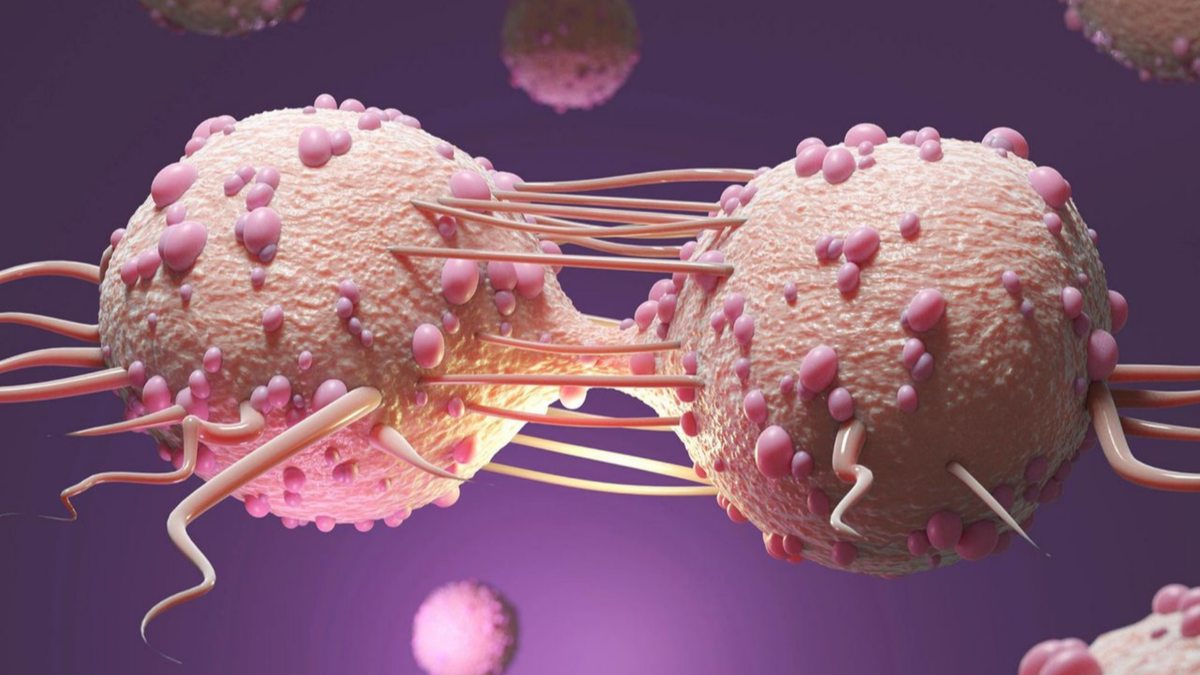
The Indian Council of Medical Research (ICMR) has raised serious concerns about the health risks faced by individuals residing near drains. A recent study published in the Indian Academy of Sciences highlights the alarming presence of hazardous heavy metals in the water supply of these areas, significantly increasing the risk of cancer. The research suggests that exposure to these toxic elements could be far above the safe limits established by environmental authorities.
Table of Content:-
Why Are Drain-Adjacent Areas Dangerous?
Water samples collected from regions near open drains showed dangerously high levels of lead, iron, and aluminium. These elements exceeded the permissible limits set by the Central Pollution Control Board, raising major health concerns. Prolonged exposure to these contaminants can lead to severe health complications, including cancer, organ damage, and neurological disorders.

How Heavy Metals Contribute to Cancer
Scientific research suggests that exposure to heavy metals can induce oxidative stress, disrupt DNA, and interfere with normal cellular functions. These disruptions can lead to the development of cancerous cells over time. Long-term exposure to such elements in drinking water or through environmental contact may heighten the likelihood of various cancers, making it crucial to address this issue immediately.
Also Read: Holi 2025: Best Natural Alternatives to Chemical Holi Colors for Hair Safety
Lead: A Silent but Deadly Toxin
Lead is a highly toxic metal that has historically been used in numerous industrial applications. It was once commonly found in gasoline, paints, water pipes, and even ceramics. Although its usage has been significantly reduced, lead contamination remains a major environmental hazard, especially in areas with poor sanitation and industrial runoff.
The U.S. Environmental Protection Agency (EPA) considers lead a probable human carcinogen, while the International Agency for Research on Cancer (IARC) has classified inorganic lead compounds as possibly carcinogenic to humans. Long-term exposure to lead can contribute to cancers affecting the stomach, lungs, kidneys, brain, and meninges.

Additionally, lead accumulates in the bones, liver, and kidneys, and can enter the bloodstream, causing long-term health complications. Even after exposure is reduced or eliminated, the effects of lead poisoning can persist in the body.
Aluminium Exposure and Cancer Risk
Aluminium is another toxic metal that has been linked to potential health risks. Studies have detected aluminium deposits in breast tumours, though further research is needed to establish a direct link between aluminium exposure and cancer. Despite this, high levels of aluminium intake can pose serious health risks, particularly for individuals living in contaminated areas.
Also Read: Delhi Sees Surge In Influenza B, H1N1 Cases Across Age Groups, Say Doctors
Everyday exposure to aluminium comes from sources such as food, water, and certain medical applications, including vaccines. While a healthy body can generally eliminate excess aluminium, prolonged exposure to high concentrations can increase the risk of health complications.

How to Protect Yourself from Heavy Metal Exposure
If you live near an open drain or in an area with poor water sanitation, taking the following precautions can help reduce your risk:
- Use a Water Purifier: Invest in a high-quality water filtration system to remove heavy metals from your drinking water.
- Avoid Direct Contact with Contaminated Water: Try to minimise skin contact with stagnant water near drains.
- Regular Health Check-ups: Monitor your blood levels for heavy metal toxicity and consult a doctor if you experience unexplained symptoms.
- Consume Antioxidant-Rich Foods: A diet rich in fresh fruits, vegetables, and whole grains can help combat oxidative stress caused by heavy metal exposure.
- Advocate for Better Sanitation: Raise awareness in your community and demand better waste management and sanitation services from local authorities.
Bottomline
The ICMR's findings underscore the urgent need to address environmental pollution and improve sanitation in urban and rural areas. Living near drains poses serious health risks, and exposure to toxic heavy metals could contribute to long-term health complications, including cancer. Awareness and preventive measures are key to protecting yourself and your loved ones from these invisible dangers. By taking proactive steps, communities can push for cleaner, safer environments and reduce the risk of life-threatening diseases.
Also watch this video
How we keep this article up to date:
We work with experts and keep a close eye on the latest in health and wellness. Whenever there is a new research or helpful information, we update our articles with accurate and useful advice.
Current Version